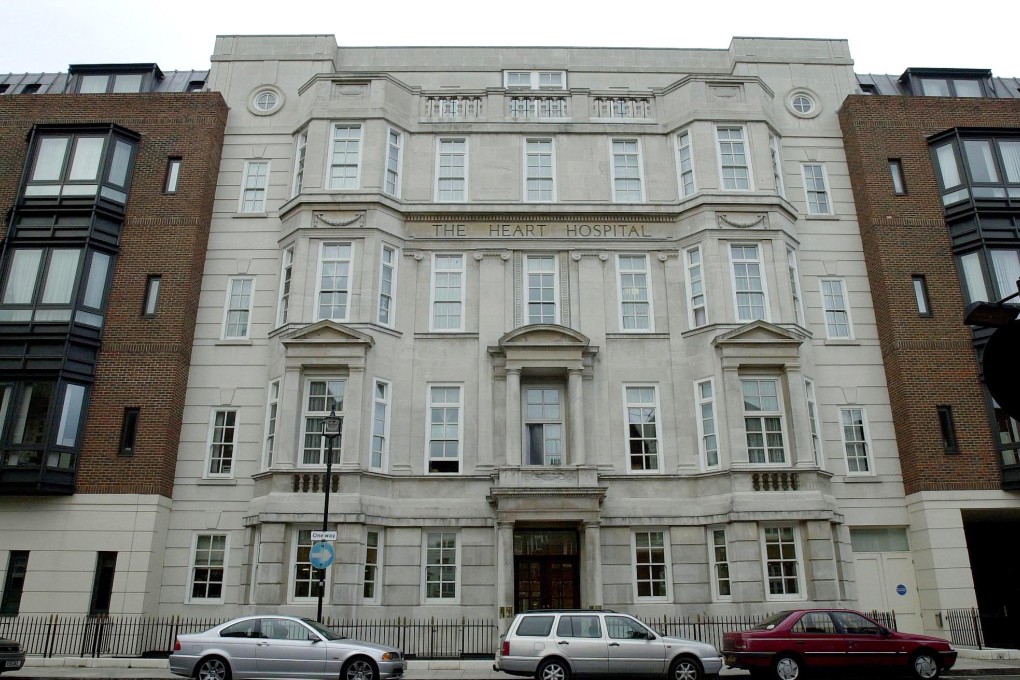Hong Kong and Britain are natural partners in health care reform
Caroline Wilson says with their similar health care challenges, Britain and Hong Kong will benefit from closer collaboration on solutions

This week, Lord Darzi is leading a delegation of UK companies to the Hospital Authority Convention in Hong Kong, to share some of the challenges and successes of heath care reform.
Last year, Britain's National Health Service (NHS) celebrated its 65th birthday as the world's largest publicly funded health system. The demands it faces have changed beyond all recognition since its inception. Today, Britain's population is much larger, the incidence of long-term health conditions has increased and people are living longer.
As a result, health care for the elderly and conditions such as dementia in primary care or in a community setting have become priorities. Other new challenges such as infections resistant to antibiotics (like methicillin-resistant Staphylococcus aureus, or MRSA) demand a wider approach to tackling anti-microbial resistance as well as ensuring hospitals are designed for effective infection control.
Hong Kong shares many similar health care challenges to those in Britain, particularly that of a larger and ageing population, MRSA and the increasing importance of improving primary care to reduce reliance on hospital care.
The redesign of buildings and services to tackle this is also happening here in Hong Kong. There is much, then, that Lord Darzi and his delegation can share with his Hong Kong counterparts.
Over the past 10 years, the NHS has adapted to these challenges with innovative budget management and improved training for primary care doctors and other health care professionals. Some hospitals have taken more control of their budgets, operating free from direct government control as "foundation trusts". Public-private partnerships and innovations in health care technology have improved the quality and patient experience, and the value for money.